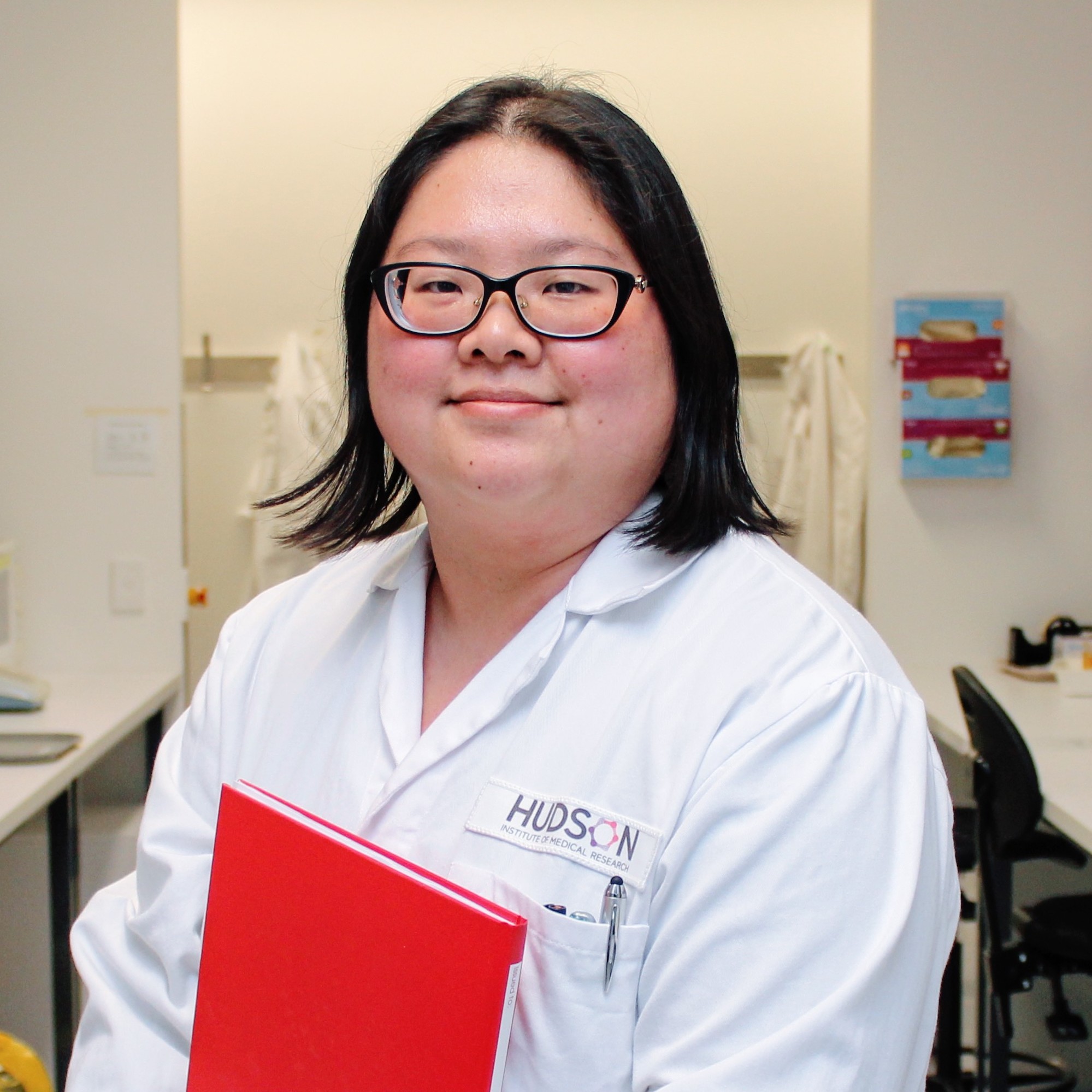Amnion Cell Biology

Overview
The human placenta is a rich source of stem cells and stem-like cells. Our work is focused on a stem cell-like population of cells obtained from the human amnion, a fetal membrane that comprises part of the placenta. Working closely with Professor Euan Wallace, we are keenly focused on translational outcomes and our preclinical studies on adult and neonatal respiratory disease have been translated into ongoing clinical trials. Our research has already pioneered the world’s first trial of amnion cells in premature babies with bronchopulmonary dysplasia.
We are studying the interactions between the amnion cells and immune cell subsets as well as endogenous stem cell populations under different inflammatory conditions during development as well as adulthood. The outcomes from these studies will inform the design of clinical trials and allow us to develop target approaches for the clinical use of amnion cells. Our group combines clinically relevant physiological outcomes with unique 3D co-cultures and cutting edge molecular biology techniques to answer some of the most pressing questions when translating bench based stem cell research to clinical utility.
We collaborate widely with researchers around the Hudson Institute and Monash University to maximise our collective knowledge and access to platform technologies. Our international collaborations include key scientists at A*STAR, Children’s Hospital of Philadelphia and Harvard Stem Cell Institute.
Diseases we research
Areas of focus
- What have stem cells guts to do with it? ¬– A cell therapy approach to necrotising enterocolitis
- Amnion cell therapy for idiopathic pulmonary fibrosis: A newborn cell therapy for a disease of aging
- Amnion cell therapy for stroke
- Long term outcomes of amnion cell therapy for bronchopulmonary dysplasia
- Activating the quiescent stem cell niche
- Understanding the stem cell sheddome and secretome
- Amnion cells for limb extremity regeneration and protection against critical limb ischaemia
Research Group Head | Associate Professor Rebecca Lim
Bronchopulmonary Dysplasia (BPD) is the most common chronic lung disease affecting low weight premature babies. My research is focused on using cells from the human placenta to repair the damaged lungs of premature babies.

Meet the team

 Dr Ishmael Inocencio
Postdoctoral Scientist
Dr Ishmael Inocencio
Postdoctoral Scientist
 Dr Charlotte Keung
Postdoctoral Scientist
Dr Charlotte Keung
Postdoctoral Scientist
 Dr Dandan Zhu
Postdoctoral Scientist
Dr Dandan Zhu
Postdoctoral Scientist
 Dr Gina Kusuma
Honorary Research Associate
Dr Gina Kusuma
Honorary Research Associate
 Yuan Chen
Research Support Staff
Yuan Chen
Research Support Staff
 Charles Tantuco
Research Support Staff
Charles Tantuco
Research Support Staff
 Mehri Barabadi
PhD Student
Mehri Barabadi
PhD Student
 Mihiri Goonetilleke
PhD Student
Mihiri Goonetilleke
PhD Student
 Naveen Kumar
PhD Student
Naveen Kumar
PhD Student
 Paula Volchek
Honours Student
Paula Volchek
Honours Student
News from the lab
Publication highlights

